We use cookies to improve your online experiences. To learn more and choose your cookies options, please refer to our cookie policy.
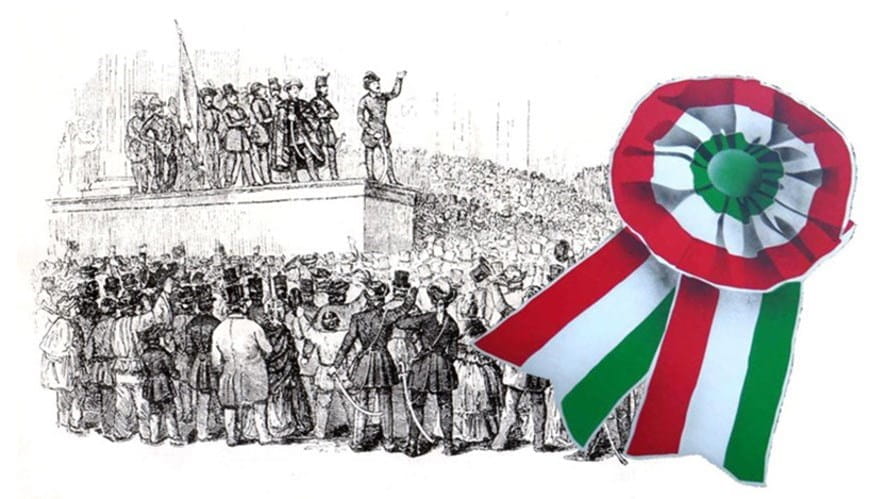
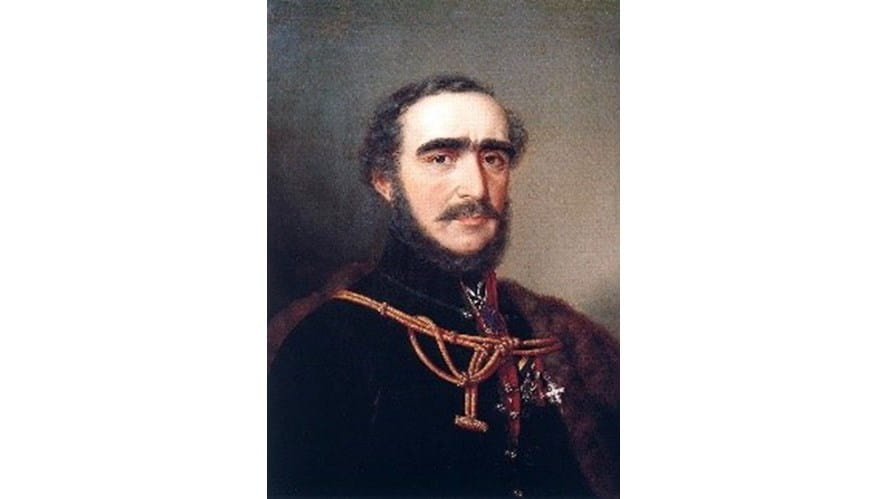
Széchenyi István
“The Greatest Hungarian” was a politician-journalist and a reformative person. His views on the reform era were great and he helped the government to change Hungary for the better. Some of his practical achievements were: Hungarian Academy of Science, the Chain Bridge, building railways and starting regular steamboats on the Danube and Balaton. His views on politics showed his opinion in great depth and had made Hungary great again. Even his death represented the power of his will to make Hungary a great nation; he committed suicide, after a long suffering of depression for his country. (Jay Koulaouzos, Year 8)
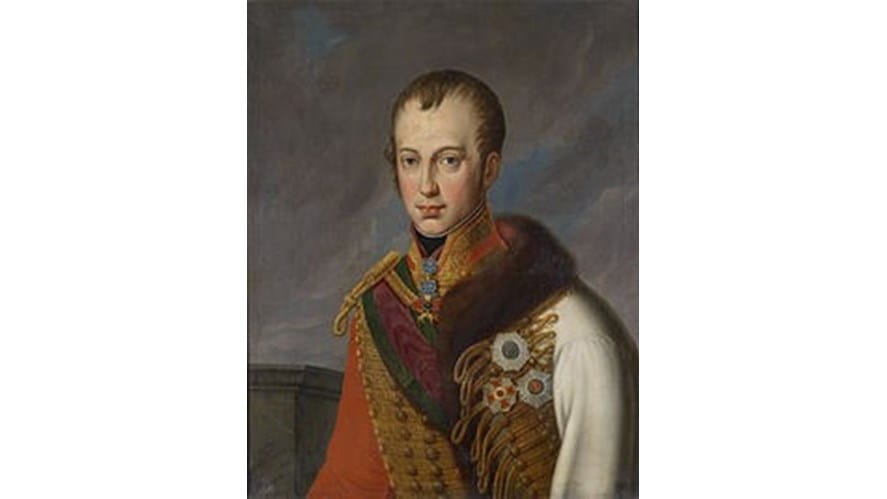
Ferdinand the 5th
was the King of Hungary from 1835. He was later replaced by Joseph Ferenc, as he had the ability to attack Hungary. He was crowned in Milan. He had 12 children, but only seven of them survived to become adults. He had a slight mental disorder and he couldn’t govern, so he was only the puppet of Chancellor Metternich. He was emperor at the time of the Hungarian revolution and the Vienna uprisings.
(Danny Lebor, Year 8)
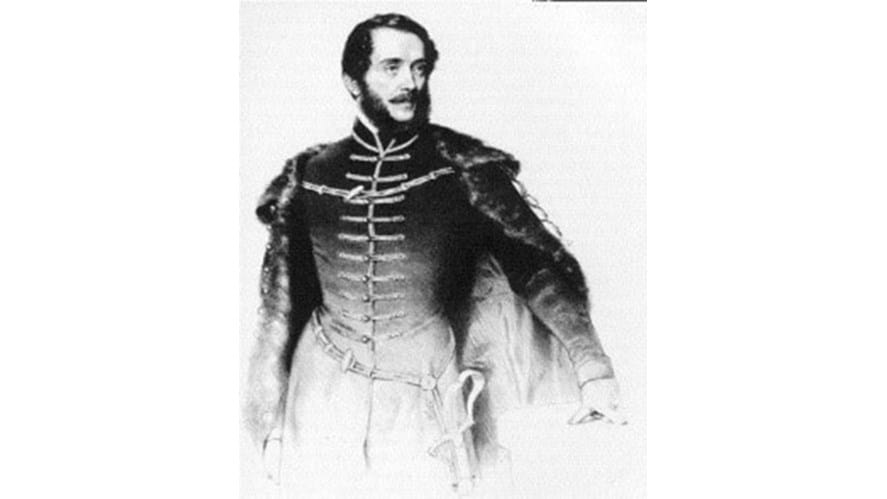
Lajos Kossuth
He was a lawyer, journalist, politician, and Governor-President during the revolution of 1848-49. He was born into a poor family and worked his way up to be a freedom fighter for Hungary. At a young age he wanted to speak up for the Hungarians but got arrested and sent to prison on May 1837. When he was released he started his journalist and political career. He was appointed editor for the Pesti Hírlap. He played a very important role in the revolution, but when the revolution failed he had to flee the country.
(Tomi Tian, Year 8)
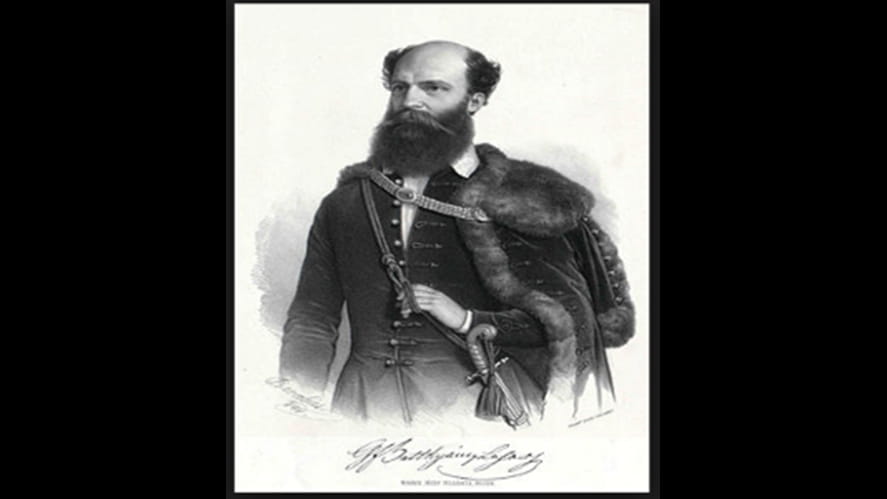
Lajos Batthyany
He was the first Prime Minister in the Batthyany Government which is the first constitutional Hungarian Government in the history of Hungary. He was born in Pozsony, which is now in Slovakia, and died in 1849 during the retaliation and intimidation of the Hungarian nation by one of the leaders of the Habsburg armies, Jacob von Haynau. He was killed differently to the other victims of Haynau’s rampage against the Hungarian revoultionaries. He was shot in the head while the vast majority were hung.
(Fraser Payn, Year 8)
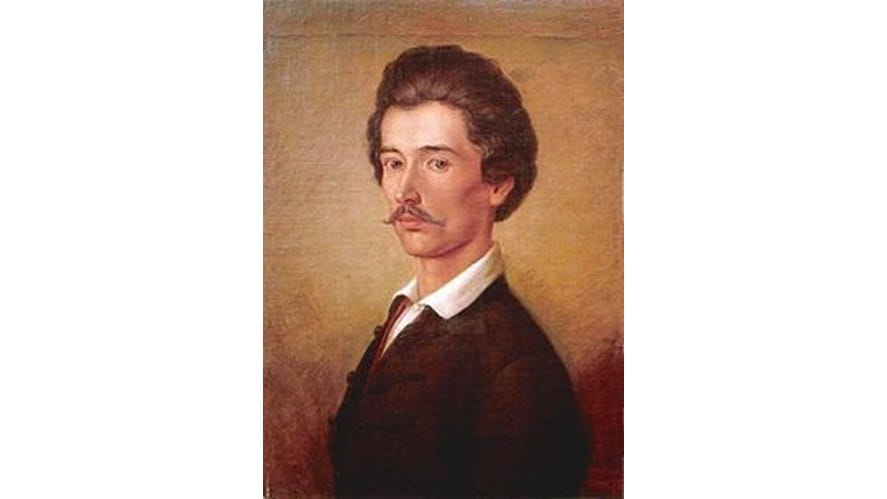
Sándor Petőfi
He was a poet in Hungary. He wrote one of the most popular poems in Hungary, called the National Song.The poems he wrote are very important in Hungary’s history. He also encouraged people to fight against the Habsburgs by writing war poems. Most people were upset that Petofi was trying to encourage them but he didn’t fight with them. That’s what caused Petofi Sandor’s death; he joined the fights. He died young, he was only 26 but everyone remembers him because of his great poems.
(Dorka Tüske, Year 8)
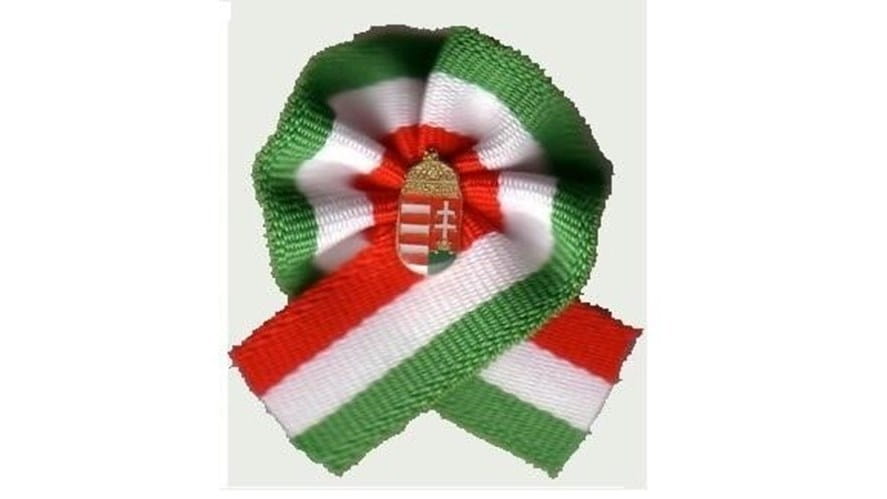
On 15th March Hungarians commemorate the Revolution and the following War of Independence against Austrian-Habsburg rule in 1848/49.
The Habsburgs and their allies liberated Buda from the 150-year Turkish occupation in 1686. However, Hungary did not become a free country but a province of the Austro-Habsburg Empire. Hungarians fought against the Habsburg oppression throughout the coming centuries.
The Reform Era started in 1825 when the Count István Széchenyi (1791-1860) offered his 1-year income to establish the Hungarian Academy of Sciences. He became a prominent figure of this era facilitating great developments in Budapest and the country. The other outstanding personality of this era was Lajos Kossuth. On a political level his fiery speeches provoked anti-Habsburg feelings while Sándor Petőfi roused common people through his uplifting poems.
The revolutionary wave that had swept over Europe in spring 1848 resulted in a bloodless revolution in Hungary on 15thMarch. A group of Hungarian poets and writers formed the core of radicals. They were preparing for a demonstration on 19thMarch at their regular meeting place, the Café Pilvax. They heard the news of the revolution in Vienna on the evening of the 14th March so they decided to bring forward the demonstration. The revolutionaries started to gather people while reciting Petőfi’s National Song and reading their demands worded in the 12 points. Most important were:
• freedom of press, abolition of censure
• freedom of religion
• a national bank, abolition of feudal conditions
The mass led by Petőfi in the pouring rain occupied a press, where they printed out the poem and the 12 points. The Habsburgs didn’t dare to intervene. Despite the rain, an even bigger crowd gathered in the garden of the National Museum by the afternoon. Following the events on 15th March a Hungarian delegation went to Vienna to tell their demands to Ferdinand the 5th. After several discussion the Habsburgs accepted an independent Hungarian ministry led by count Lajos Batthyány.
“We swear unto thee-that slaves we shall no longer be!”
In summer 1848 Vienna decided to take actions against the Hungarian revolution. The ethnic minorities living in Hungary weren’t happy with the Hungarian victory. The Croats allied with Austria and their troops attacked and invaded Hungary.
Programmes in Budapest – Where to go?
“Rise up Magyar the Country Calls!” – this line is quoted from the National Song by poet Sándor Petőfi (1823-1849) and a prominent figure of the revolution. On 15th March he recited the poem from the stairs of the Hungarian National Museum (Múzeum körút 14-16.) No Revolution day goes by without reciting the poem at national monuments, especially from these stairs. The country is dressed up in red, white and green, the national tricolours of Hungary. People also wear tricolor rosettes pinned to their clothes.
Celebrations start with the raising of Hungary’s National Flag on Kossuth Square at 9:00 am. A festive procession to the National Museum will follow the event which starts at 10:30 am. Many family programmes will take place at various locations in Buda Castle, which generally start at 10:00 am.
• craft workshops (cockades, hussar shako, flag, etc.), folk playhouse
• horse petting, concerts, Hungarian food and drink
Why not go out and about in Budapest on Wednesday 15th, and enjoy our National Holiday!
by Anna Piry, Head of Hungarian